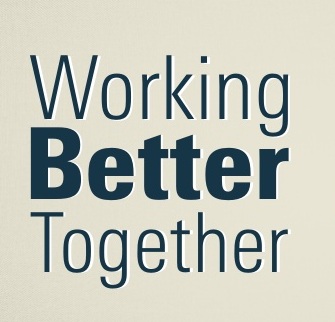
`The Toyota style is not to create results by working hard. It is a system that says there is no limit to people's creativity. People don't go to Toyota to 'work' they go there to 'think'.``` Taiichi Ono
The great Taiichi Ono, an industrial engineer, considered to be the father of Toyota Production System emphasized on the importance of improving one`s way of working.
Following are the 10 principles outlined by Ono sensei (teacher):
- First reduce waste.
- First say, "I can do it." And try before everything.
- The workplace is a teacher. You can find answers only in the workplace.
- Do anything immediately. Starting something right now is the only way to win.
- Once you start something, persevere with it. Do not give up until you finish it.
- Explain difficult things in an easy-to-understand manner. Repeat things that are easy to understand.
- Waste is hidden. Unhide it. Make problems visible.
- Valueless motions are equal to shortening one's life.
- Re-improve what was improved for further improvement.
- Wisdom is given equally to everybody. The point is whether one can exercise it.
The approach to work as proposed by Ono sensei is that one needs to prepare in-order to reduce repairs. Very often in our day to day working lives, because we don`t prepare, often we end up wasting our efforts and time in repairing.
There is a wonderful anecdote that a senior professional shared with me during one of the sessions I was conducting, that captures the gist of the Ono method to work.
Once a football team got a new coach. The coach instructed the players to report for practice at 7am the next morning.
All the players reported on time, and were surprised to see the coach standing in the middle of the football field, but without footballs.
One player asked the coach `how are we to practice without footballs.`
The coach replied ` for the coming one week, we will practice every day without the football, because in the game of football of 90 minutes, of the 22 players on the field, each individual player handles the football for barely a few minutes. What a player does before he gets the ball and after the ball has been passed on is what determines how he or she adds values with the possession.
Similarly in work, what we do when the opportunity or crisis arrives, and how we coordinate our efforts with our team members greatly impacts the collective efforts to deliver the result to the customers.
Article by Vijay Michihito Batra


